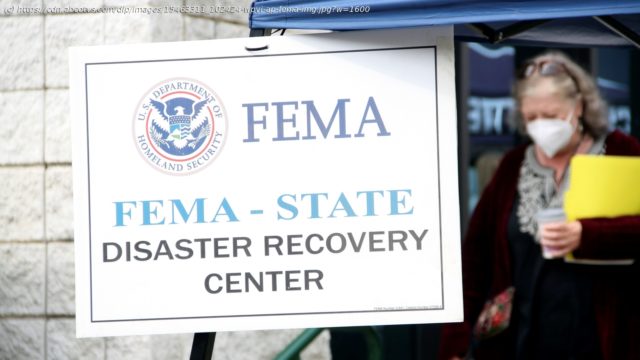Array
Russia has helped amplify and spread false and misleading internet claims about recent hurricanes in the United States and the federal government’s response, part of a wider effort by the Kremlin to manipulate America’s political discourse before the presidential election, new research shows.
The content, spread by Russian state media and networks of social media accounts and websites, criticizes the federal response to Hurricanes Helene and Milton, exploiting legitimate concerns about the recovery effort in an attempt to paint American leaders as incompetent and corrupt, according to research from the Institute for Strategic Dialogue. The London-based organization tracks disinformation and online extremism.
In some cases, the claims about the storms include fake images created using artificial intelligence, such as a photo depicting scenes of devastating flooding at Disney World that never happened, researchers say.
RELATED: Misinformation is ‘really hurting’ those in western North Carolina, Gov. Cooper says
The approach is consistent with the Kremlin’s long-standing practice of identifying legitimate debates and contentious issues in the U.S. and then exploiting them. Previous disinformation campaigns have harnessed debates about immigration, racism, crime and the economy in an effort to portray the U.S. as corrupt, violent and unjust.
U.S. intelligence officials and private tech companies say Russian activity has increased sharply before the Nov. 5 election as Moscow tries to capitalize on an opportunity to undermine its chief global adversary.
By seizing on real concerns about disaster recovery, Russia’s disinformation agencies can worm their way into U.S. discourse, using hot-button issues to undermine Americans’ trust in their government and each other.
« These are not situations that foreign actors are creating », said Melanie Smith, director of research at ISD. « They’re simply pouring gasoline on fires that already exist. »
The content identified by ISD included English-language posts obviously meant for Americans, as well as Russian-language propaganda intended for domestic audiences.
Home
United States
USA — Science Russia amplified hurricane disinformation to drive Americans apart, researchers find






